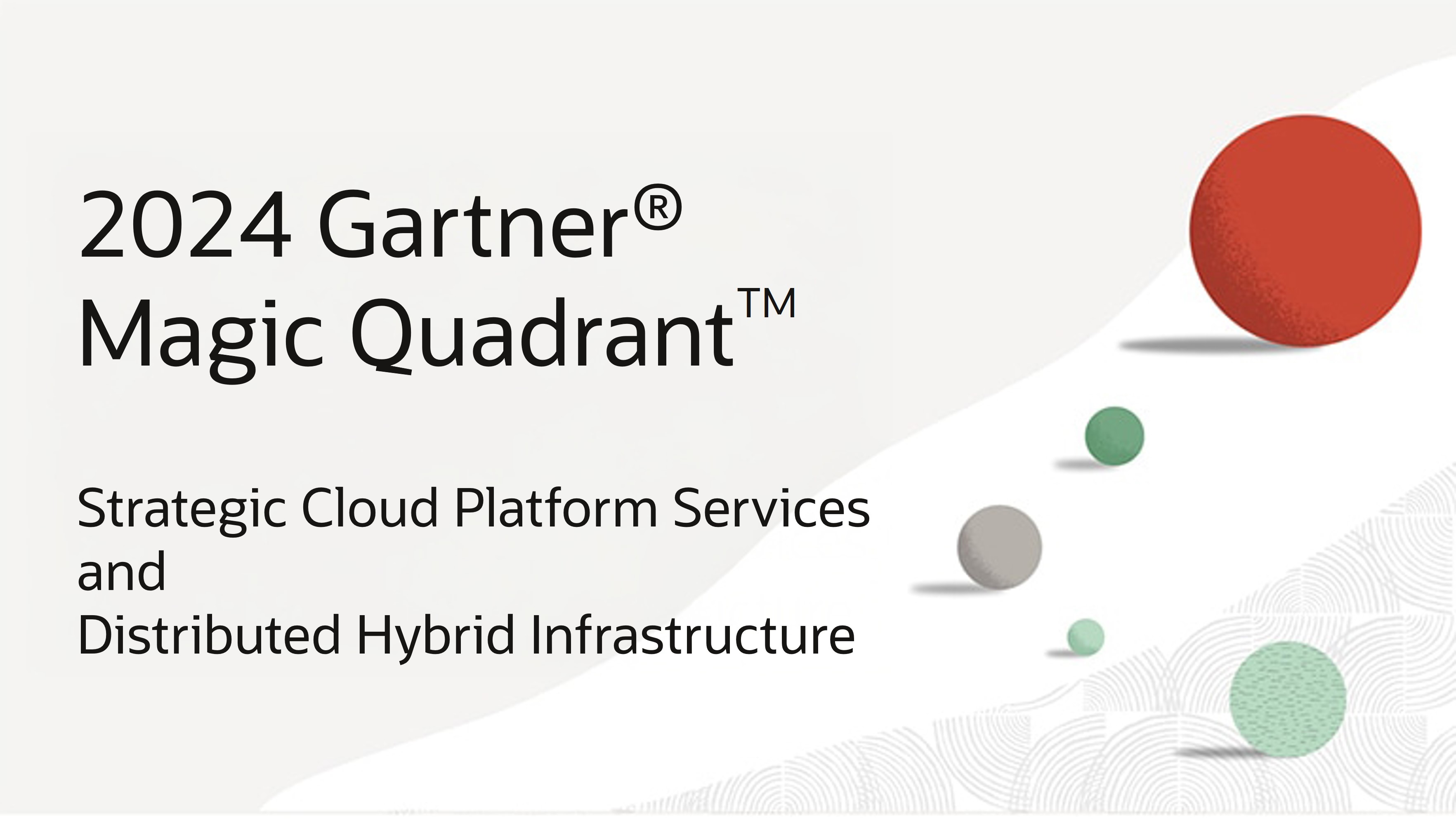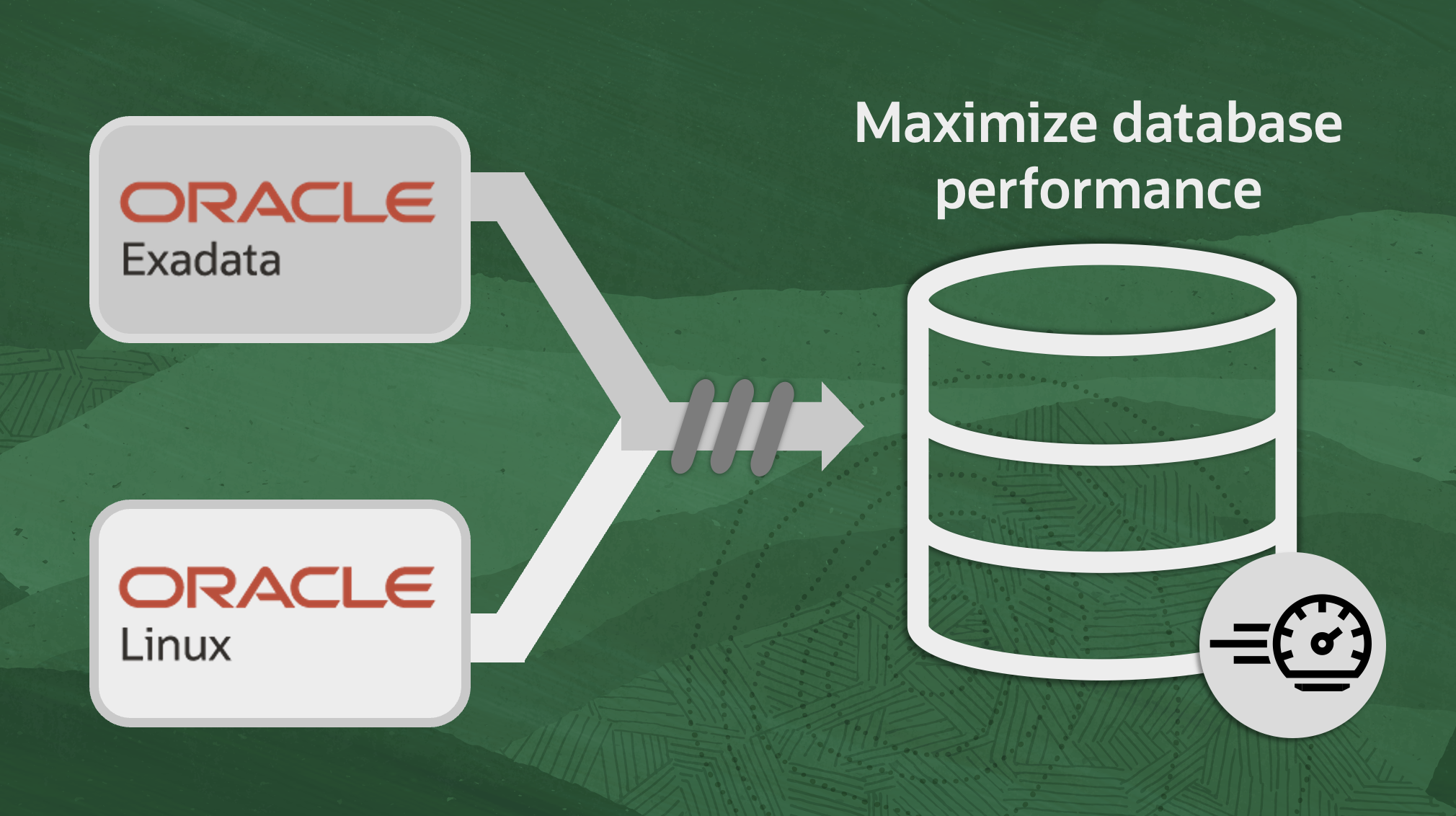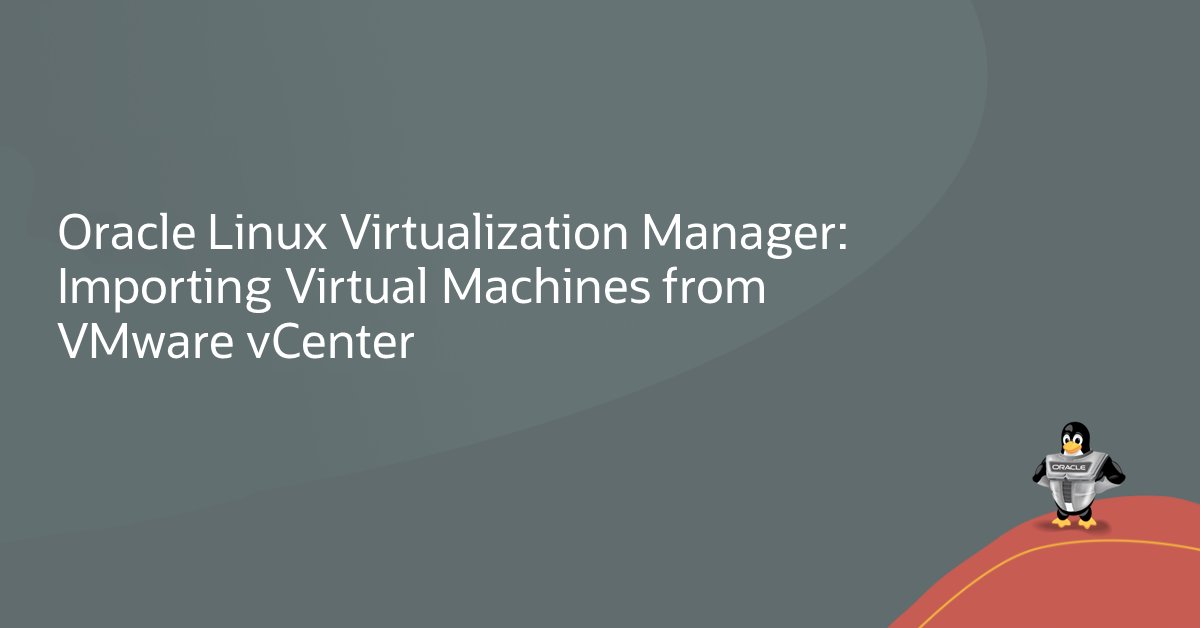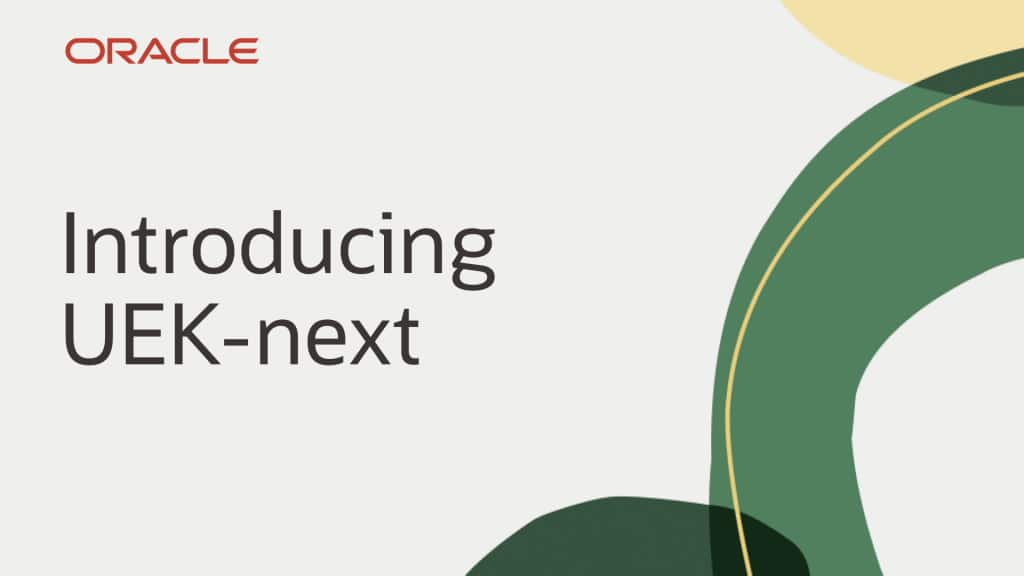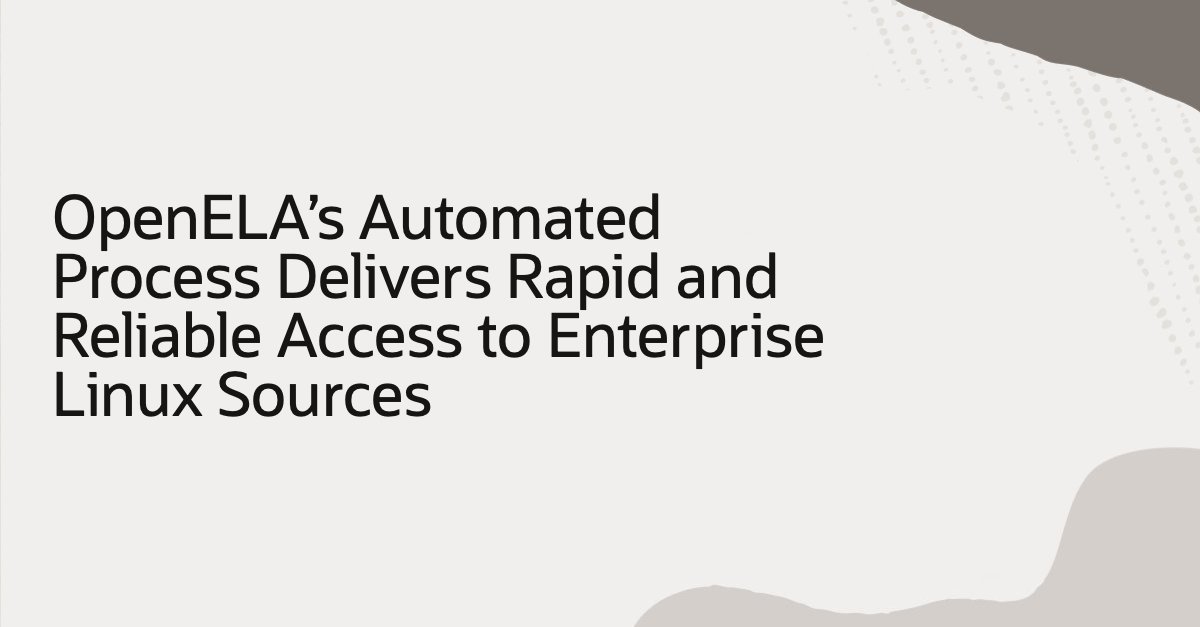As we approach the end of 2024, it’s time to reflect on and celebrate the year’s accomplishments. Oracle Linux achieved significant milestones, innovative developments, and strong synergy with customers, partners, and the open source community. Below is a recap of the highlights that made 2024 a memorable year for Oracle Linux and its community.
Infrastructure at scale
Oracle Linux is the infrastructure software that underpins the entire Oracle Cloud Infrastructure (OCI) and Oracle Distributed Cloud portfolio. Customers benefit from the flexibility to run the same Oracle Linux on-premises or in the cloud, simplifying the process of moving workloads between environments to provide a consistent and reliable experience.
-
Oracle continues to be named a Leader in the 2024 Gartner Magic Quadrant for Strategic Cloud Platform Services and the 2024 Gartner Magic Quadrant for Distributed Hybrid Infrastructure. 1
Customers across the globe, spanning a wide variety of industries, IT service providers, government agencies, and educational organizations, rely on Oracle Linux to power their applications.
-
Learn how some of these customers have achieved greater efficiency, performance, reliability, cost savings, faster provisioning time, and more with Oracle Cloud Infrastructure services while running their applications on Oracle Linux.
Oracle Linux has a long-standing reputation for expanding the scalability and performance of the Linux operating system while simultaneously improving stability. Whether it’s Oracle Exadata Database Machine, Oracle Exadata Cloud Infrastructure, Oracle Exadata Cloud@Customer, or Oracle’s Zero Data Loss Recovery offerings, all of them rely on the finely-tuned and robust Oracle Linux as their underlying infrastructure. The latest release of Oracle Exadata System Software 25.1 has integrated Oracle Linux with the Unbreakable Enterprise Kernel (UEK) Release 7, bringing with it many significant improvements. These include a better scheduler, enabling up to 20% faster analytical query performance. It also has the capability to load the executable instruction portions of the Oracle Database 23ai binary into huge pages, resulting in up to a 12% performance boost for OLTP. Additional details can be found in:
-
Maximize database performance with Oracle Exadata and Oracle Linux
-
Exadata Live Update improves Exadata Database Server Availability and Security by leveraging the Oracle Ksplice zero-downtime capability of Oracle Linux
Server virtualization choice
The choice of a virtualization platform determines your application stack performance, scalability, and security, as well as directly affecting your overall cost.
Kernel-based virtual machine (KVM) has emerged as the go-to server virtualization choice for on-premises and cloud deployments. Oracle Linux KVM delivers leading performance and security, powering Oracle Exadata and Oracle Cloud Infrastructure. More and more customers have turned to Oracle Linux KVM due to its significant advantages over proprietary solutions. To learn more, read the analyst paper “Why KVM is Winning Over VMware vSphere”.
These technical resources can help you move to Oracle Linux KVM:
-
Automate Virtual Machine Migrations Using virt-v2v with Oracle Linux Automation Manager
-
Oracle Linux Virtualization Manager: Importing Virtual Machines from VMware vCenter
Keep Linux open and free
As part of our commitment to keeping Linux open and free, our upstream kernel builds are public so you can see how both upstream development and a stable enterprise kernel are produced, at the same time. The Oracle Linux team introduced UEK-next to enable customers to preview the latest developments from upstream Linux and try them out using a kernel built by Oracle. Every UEK-next release is based on a major upstream kernel release, such as 6.10 based, 6.11 based, etc.
Open Enterprise Linux Association (OpenELA) was founded in 2023 by CIQ, Oracle, and SUSE to collaborate on Enterprise Linux as an open source project to provide open and free Enterprise Linux source code. In May 2024, OpenELA announced kernel-lts Project in support of Linux kernel 4.14 after community support ended. In July 2024, OpenELA launched an automated process to make new enterprise Linux sources available just days after each release of new versions of Red Hat Enterprise Linux (RHEL). In November 2024, OpenELA published Enterprise Linux sources compatible with RHEL 9.5. OpenELA’s efficient release process helps ensure that builders of enterprise Linux distributions can quickly leverage the benefits of the latest versions of reliable, secure, and truly open source enterprise Linux.
Product and service releases
Several new product and cloud service releases were introduced this year, including:
-
The Unbreakable Enterprise Kernel (UEK) Release 7 Update 3 was made available on Oracle Linux 8 and 9.
-
Oracle Cloud Native Environment 2.0, built on Kubernetes 1.30, can be used to help customers deploy containerized applications across public clouds and on-premises. The new release introduces Oracle Container Host for Kubernetes, a centralized web-based graphical user interface (GUI) that simplifies the management and the monitoring of the Kubernetes clusters, along with application catalogs and an updated command-line interface (CLI).
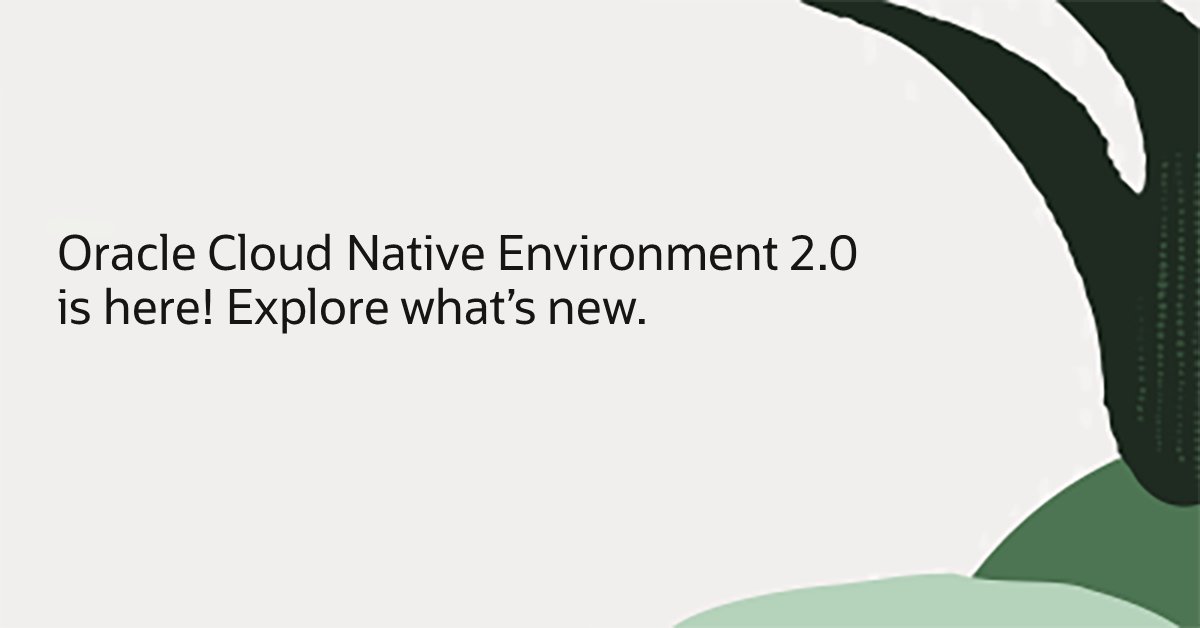
-
Oracle OS Management Hub is our next generation operating system (OS) management service that simplifies the management and monitoring of updates for enterprise operating systems at scale on-premises, on OCI, and on supported third-party cloud providers. OS Management Hub is included with your Oracle Linux Support and OCI Compute subscriptions. Watch the on-demand webcast.
-
Oracle Linux Automation Manager 2.2 has updated AWX to the 23.7 version and includes the Topology View feature.
-
Oracle Linux Virtualization Manager 4.5.5 supports Oracle Linux 8 KVM compute hosts and is based on the 4.5.5 release of the open source oVirt project. This server virtualization management platform can be easily deployed to configure, monitor, and manage an Oracle Linux KVM environment with enterprise-grade performance and support from Oracle. And the latest Oracle VirtIO Drivers release 2.2 improves performance for network and block (disk) devices on Microsoft Windows guests on Oracle Linux KVM.
-
Oracle ASMLIB v3 was released for Oracle Linux 8 and 9. Oracle ASMLIB is an optional support library for the Automatic Storage Management (ASM) feature of the Oracle Database. ASMLIB can make an Oracle Database using ASM more efficient and capable of accessing the disk groups it’s using.
Oracle Linux delivers on security and compliance
Security is at the core of Oracle Linux, irrespective of where you choose to deploy it. The technical brief published in 2024, Accelerating Zero Trust adoption with Oracle Linux, describes how your organization can expedite the adoption of Zero Trust security with the help of the Oracle Linux operating environment.
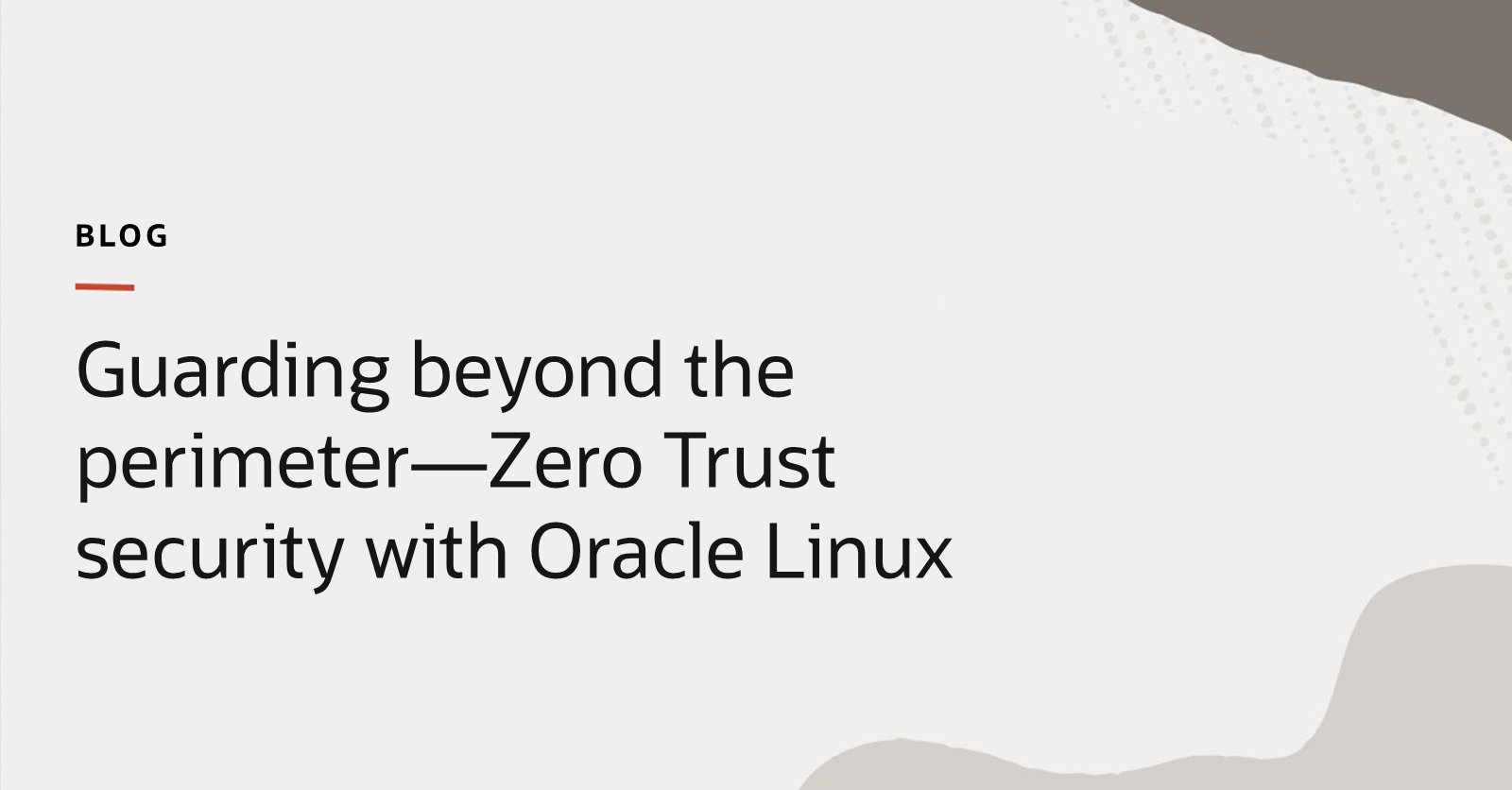
The Federal Information Processing Standard (FIPS) Publication 140-3 is the current version of the cryptography standard. 2024 certifications include:
-
The Unbreakable Enterprise Kernel (UEK) Release 7 for Oracle Linux 8 and Oracle Linux 9, certificate 4739 and Security policy 4739
-
Oracle Linux 9 OpenSSL FIPS Provider, certificate 4779 and Security policy 4779
-
Oracle Linux 9 NSS Cryptographic Module, certificate 4801 and Security policy 4801
In addition, Oracle Linux 9.3 has entered Common Criteria (CC) evaluation against the National Information Assurance Partnership (NIAP) General Purpose Operating System Protection Profile (OSPP) v4.3.
Visit Oracle Security Evaluations to learn more details about the Oracle products that have completed FIPS and CC security certifications and those that are in progress.
Oracle Linux 9.3 meets USGv6-r1 standards and received IPv6 Ready Gold Logo accreditation. These achievements mean customers can rest assured that Oracle Linux is ready for deployment in IPv6 commercial and government environments well ahead of the U.S. government’s deadline to move 80% of federal systems to IPv6-only networks by the end of fiscal year 2025.
Manage your OS upgrade lifecycle
Oracle Linux 6 is approaching the conclusion of Extended Support in December 2024. For customers using Oracle Linux 7, December 2024 will also mark the end of its decade-plus Premier Support period. Check out the resources to help you manage your OS upgrade lifecycle.
-
Oracle Linux 6 Extended Support Ends Soon—Don’t Wait, Plan Your Upgrade Today
-
Extend your OS upgrade timeline: Oracle Linux 7’s Extended Support
Leapp is a Linux utility framework for upgrading operating systems. It can help you save time and ease administrative efforts when performing an in-place upgrade of the operating system from Oracle Linux 7 to Oracle Linux 8 or from Oracle Linux 8 to Oracle Linux 9. In 2024, Leapp has been enhanced to upgrade systems running Oracle Database 19c and Oracle E-Business Suite (EBS) 12.2 from Oracle Linux 7 to Oracle Linux 8.
-
In-Place Upgrade from Oracle Linux 7 to 8 Now Certified for EBS 12.2
-
Leapp utility supports Oracle Linux 7 to Oracle Linux 8 upgrades for Oracle Database 19c
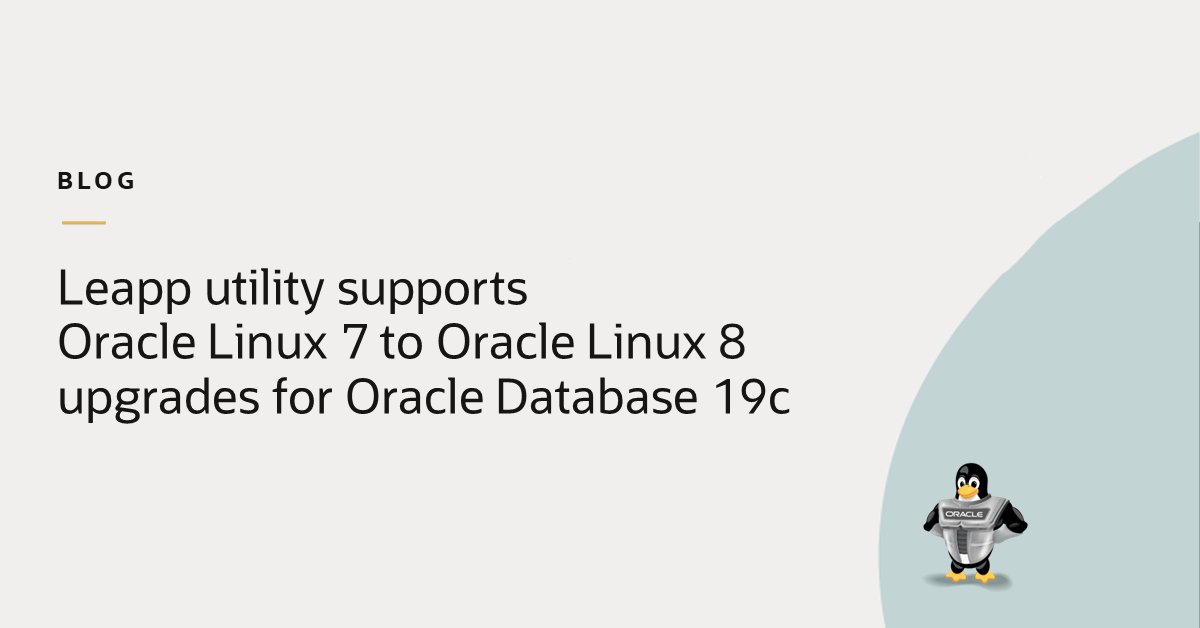
Additionally, the Leapp utility can now be used to upgrade Oracle Linux systems that are being managed with the Oracle OS Management Hub service and the first-generation OS Management Service.
CentOS Linux 7 customers can also benefit from Oracle Linux updates.
Growing Oracle Linux ecosystem
As a trusted platform for building robust and secure infrastructure at scale, the Oracle Linux partner ecosystem continued its steady growth.
-
Partner Spotlight: Veeam Backup for Oracle Linux Virtualization
- Partner Spotlight: Zero Networks + Oracle Linux
The Hardware Compatibility List for Oracle Linux and Virtualization and the ISV Catalog provide information on hardware and software that is certified on Oracle Linux.
Free and comprehensive training resources
Free and comprehensive training resources continue to expand, such as learning paths, tutorials, hands-on labs, and videos to help you develop applications and derive the best value from your deployments on Oracle Linux. Here are highlights of the new training resources added in 2024:
- Diving Deeper with Free DTrace Training
-
Btrfs on Oracle Linux—Efficiently Backup and Recover Systems
-
Learn to establish secure connections to remote Oracle Linux systems
-
Improve your Linux file system know-how with the Oracle Linux Storage Management Video Playlist
-
Networking for Oracle Linux systems made easy with the training video playlist
-
Gain experience in Oracle Linux system monitoring and logging
Download and try it now!
- Oracle Linux ISO installation images are available from the Oracle Linux yum server and Oracle Software Delivery Cloud
- Individual RPM packages via the Unbreakable Linux Network (ULN) and the Oracle Linux yum server
- Container images via Oracle Container Registry and GitHub Container Registry
- Additional software downloads for Oracle Linux
Resources
-
Learn more at oracle.com/linux
-
Oracle Linux and Virtualization hardware certification list (HCL)
-
Get the latest news, tech tips, and more by subscribing to the Oracle Linux and Virtualization monthly newsletter
- Contact an Oracle Linux representative to discuss how to switch to Oracle Linux
1 Gartner Disclaimer
Gartner, Magic Quadrant for Strategic Cloud Platform Services, 21 October 2024, David Wright, Dennis Smith, Miguel Angel Borrega, Alessandro Galimberti, Carolin Zhou
Gartner, Magic Quadrant for Distributed Hybrid Infrastructure, 7 October 2024, Julia Palmer, Jeffrey Hewitt, Tony Harvey, Dennis Smith, Stephanie Bauman, Kevin Ji
GARTNER is a registered trademark and service mark of Gartner, Inc. and/or its affiliates in the U.S. and internationally, and MAGIC QUADRANT is a registered trademark of Gartner, Inc. and/or its affiliates and are used herein with permission. All rights reserved.
Gartner does not endorse any vendor, product or service depicted in its research publications and does not advise technology users to select only those vendors with the highest ratings or other designation. Gartner research publications consist of the opinions of Gartner’s research organization and should not be construed as statements of fact. Gartner disclaims all warranties, expressed or implied, with respect to this research, including any warranties of merchantability or fitness for a particular purpose.
